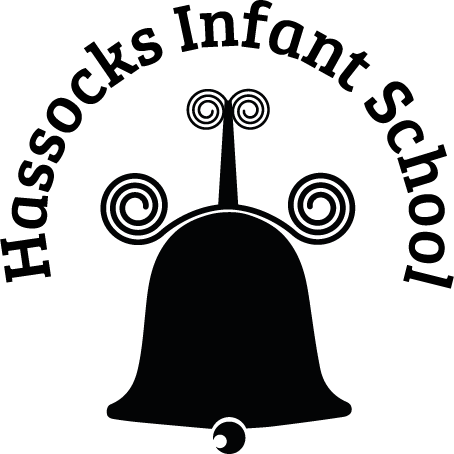Science
In our infant school, science is a vital part of our curriculum, rooted in an exploratory ethos that nurtures curiosity, creativity, and a love for learning. We aim to provide a stimulating environment where young children can develop their understanding of the world around them. Science in our infant school is about igniting curiosity and encouraging children to ask questions about the natural world. By providing opportunities for practical, play-based and planned investigations, we allow children to explore, observe, and experiment. This approach helps them develop essential skills such as critical thinking, problem-solving, and collaborative learning. Our world is phenomenal. The more our children marvel and question, the greater the opportunity for them to find inventive and intuitive ways to look after it.
Our Approach:
Our exploratory ethos places a strong emphasis on learning through play and active inquiry. We believe that young children learn best when they can:
- Explore their environment: We provide diverse and engaging materials, resources, and outdoor spaces for children to interact with and learn from.
- Ask questions: We encourage children to be curious, to wonder, and to ask "why" and "how," fostering a love for inquiry.
- Engage in hands-on experiences: Children conduct simple experiments and observe changes, using their senses to understand scientific concepts in a tangible, meaningful way.
- Collaborate and communicate: Working together, children learn to share their ideas, listen to others, and build on different viewpoints, developing their communication skills and fostering a sense of community.
- Build foundational knowledge of basic scientific concepts, such as the properties of materials, plant and animal life, and weather patterns.
- Encourage observation and experimentation, providing a basis for understanding the scientific method in a simplified, age-appropriate manner.
- Develop inquiry skills, such as making predictions, testing ideas, and drawing conclusions based on evidence.
- Promote a sense of wonder and respect for the natural world, instilling a lifelong appreciation for science and its relevance to everyday life.
Supporting All Children:
We ensure the planning of our science curriculum reflects the children's learning needs. By providing a range of tailored learning experiences, all children are able to access and identify core subject knowledge and demonstrate key skills. This is done through using multisensory approaches that cater to diverse learning styles, such as visual aids, tactile resources, and hands-on experiments that allow children to engage through sight, touch, and movement. For children with communication difficulties, we can incorporate visual prompts, simplified language, and pictorial instructions to help them access the learning. Small group activities and one-on-one support can be used to provide additional guidance and encouragement, while adapted tools and resources, like large-grip tweezers or textured objects, can help children with fine motor difficulties participate fully.
By fostering a supportive, inclusive environment where each child’s unique needs are met, we ensure that all children have the opportunity to explore, enquire, and develop a love for science.
